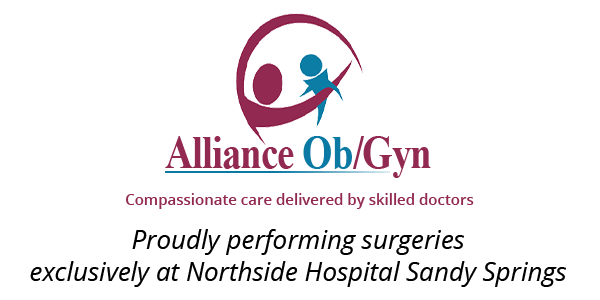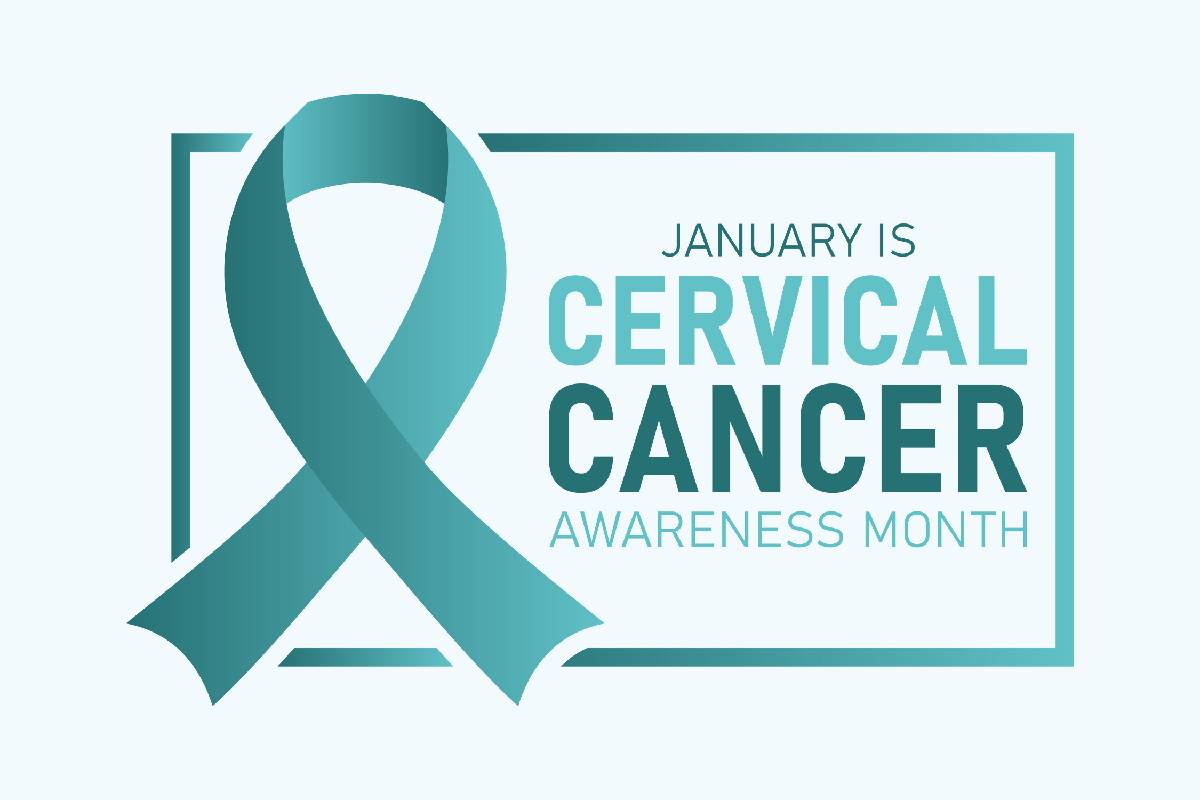
Navigating the First Trimester: Nutritional Needs and Safe Eating Habits
The first trimester of pregnancy is a formative period that sets the stage for fetal development and maternal well-being. As the body undergoes dramatic changes, understanding the nutritional needs and establishing safe eating habits become key.
The First Trimester Nutritional Foundation
In the initial weeks of pregnancy, the building blocks for critical structures like the brain, spinal cord, and heart are laid down. This makes the intake of certain nutrients particularly important:
- Folate: Vital for preventing neural tube defects, folate is a must-have, with a recommended daily intake of at least 400 micrograms.
- Iron: Supports the increase in blood volume and is crucial for preventing anemia. Pregnant women need about 27 milligrams per day.
- Calcium: Essential for building a strong skeletal system for the baby, requiring at least 1000 milligrams daily.
- Vitamin D: Aids in calcium absorption and supports immune function. A daily dose of 600 IU is recommended.
Safe Eating Habits
With the joy of pregnancy can come concerns about food safety. Here are some guidelines to ensure what you consume is safe for you and your baby:
- Avoid Raw and Undercooked Foods: This reduces the risk of exposure to bacteria and parasites like Listeria and Toxoplasma, which can cause serious infections.
- Limit Certain Fish: Due to mercury content, it’s advisable to avoid high-mercury fish like shark, swordfish, and king mackerel. Opt for low-mercury options like salmon and shrimp, limited to 2-3 servings per week.
- Wash Produce Thoroughly: To prevent contamination from soil or pesticides, fruits and vegetables should be washed under running water.
- Manage Caffeine Intake: Caffeine should be limited to less than 200 milligrams per day, equivalent to one 12-ounce cup of coffee.
Common Dietary Concerns in the First Trimester
Morning sickness can make it challenging to maintain a balanced diet. To combat nausea:
- Eat Small, Frequent Meals: This can help manage blood sugar levels and reduce nausea.
- Stay Hydrated: Sip water throughout the day to avoid dehydration, which can exacerbate morning sickness.
- Ginger: Natural remedies like ginger tea can provide relief from nausea.
Special Dietary Considerations
Some women may require special diets due to pre-existing conditions like diabetes or allergies. In such cases, consulting with a nutritionist or your OB/GYN is essential to tailor a diet plan that meets both your needs and those of your developing baby.
The first trimester is both a time of excitement and adjustment as the body prepares to nurture new life. By focusing on nutrient-rich foods and safe eating practices, you can support your baby’s growth and navigate the early stages of pregnancy with confidence. As always, open communication with your healthcare provider is critical to address any dietary concerns and ensure a healthy pregnancy journey for both mother and child.
Further Reading:
Mayo Clinic: https://www.mayoclinic.org/healthy-lifestyle/pregnancy-week-by-week/in-depth/pregnancy-nutrition/art-20045082
What To Expect: https://www.whattoexpect.com/pregnancy/eating-well-menu/first-trimester.aspx



